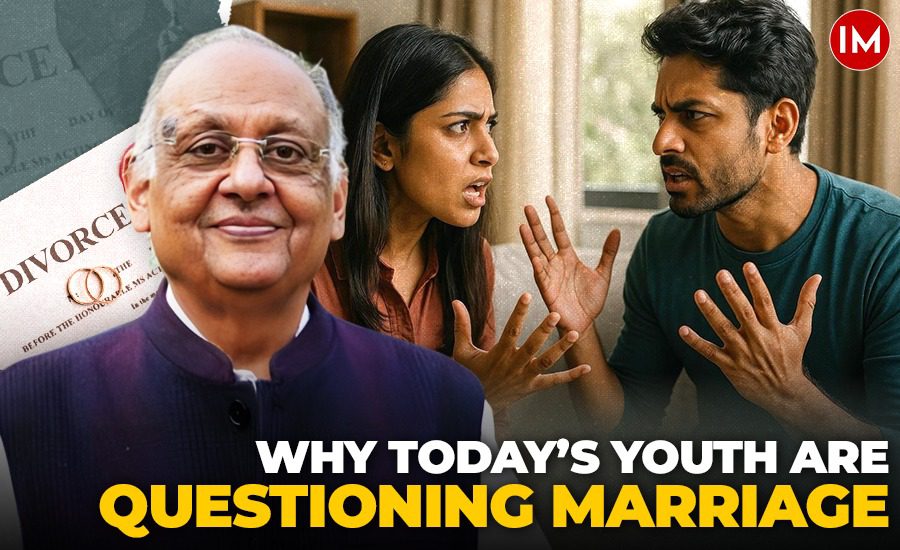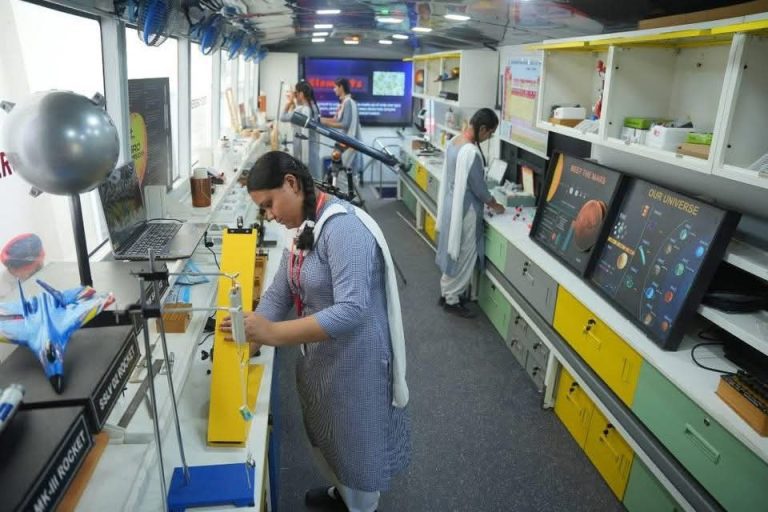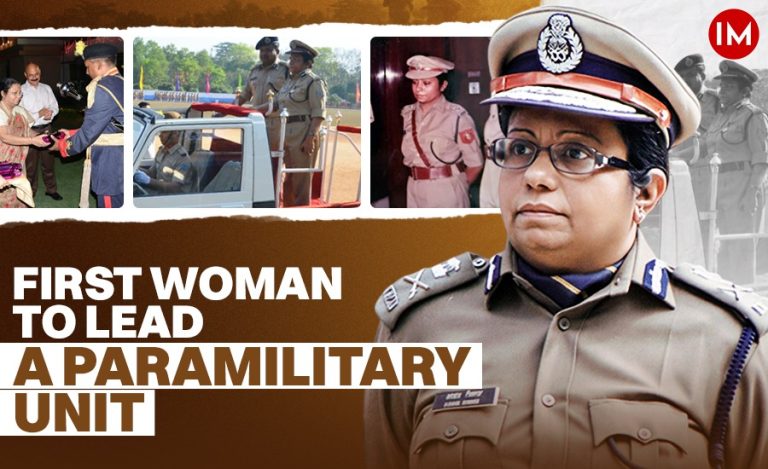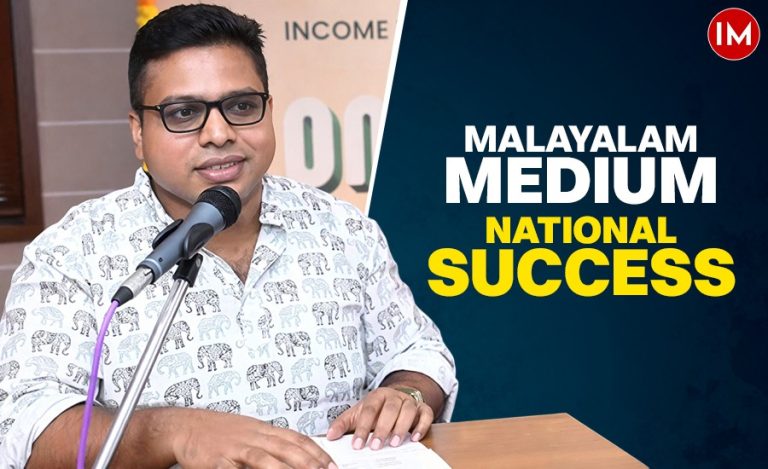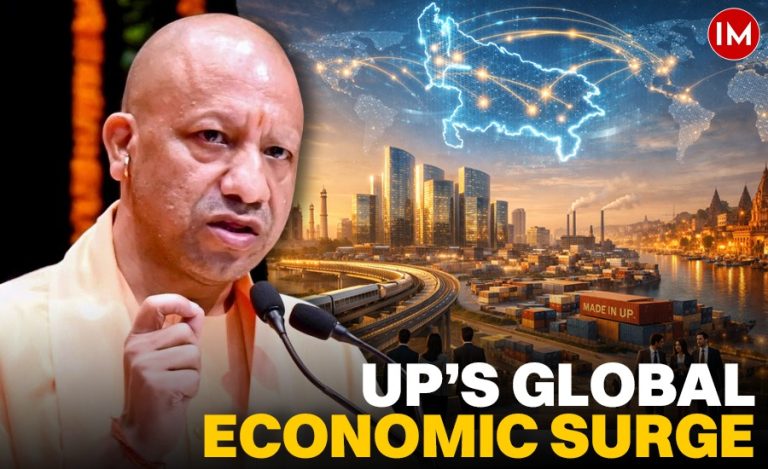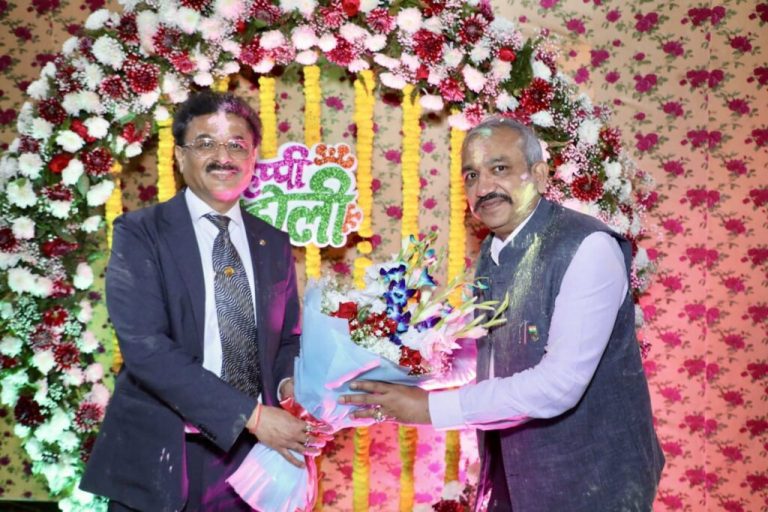Sapna, a young woman in her late twenties, I know, told me recently, “In our society, girls are often denied equal opportunities, expected to be subservient to men, and, once married, look after family and kids at the cost of their own identity and talents. Not only this, my parents have been married for 30 years; I have seen them fighting but never laughing together. Tell me, why should I marry?”
Her words echo the silent storm in the minds of millions today. For centuries, marriage was the cornerstone of human civilisation. It gave structure to love, meaning to commitment, and safety to families. It wasn’t just a personal choice—it was a societal anchor. From cave fires to city apartments, marriage helped humans raise children, pool resources, survive hardships, and create emotional sanctuaries. But walk into any urban café today, or scroll through a Reddit thread on relationships, and you’ll hear a different tune—more cautious, more questioning, more conflicted.
Something is shifting.
Emerging Norms: Love vs Competition, Money, Contracts
Today’s youth are not anti-love. If anything, they crave it deeply. But they’re increasingly sceptical of marriage—its permanence, its power dynamics, and its promises.
Some fear the pain of failure. They’ve grown up watching loveless homes, bitter divorces, or silent suffering passed off as stability. Many ask, “What if I choose wrong? What if I lose myself?” Others are chasing something beautiful—freedom. Especially women, who have stepped into education, careers, solo travel, and self-expression like never before. Why give up autonomy, they ask, for an institution that still too often demands compromise without balance, burdening women with unequal emotional and domestic labour?
When ego enters from the door, love flies out of the window. At times, this comes into play, with husbands struggling to adjust to successful working wives, adding a sense of competition as another dimension to the already complex mosaic of marriage. Money is also becoming a more important factor in decisions about whom to marry. Contractual arrangements like prenuptial agreements, a girl’s parents declaring formally that they are giving money to their daughter voluntarily and not as dowry, and a boy’s wealthy parents creating separate trusts for the boy and girl, retaining control themselves, are all signs of a very materialistic view of marriage. Marriage seems to be increasingly being treated as an arrangement, with built-in provisions for failure. It is almost as if the marriage is on probation, with a trial period, without any old-fashioned concept of being a sacrosanct lifelong relationship of love, bound by holy vows!
Swipe culture and digital intimacy are offering alternatives. Live-ins, long-distance love, friends-with-benefits, or simply… being single. There’s no social stigma anymore in many circles. The young today want to be sure of being emotionally and practically ready for the responsibilities and compromises that marriage requires before they tie the knot. No clock ticking. No rush.
What It Means: The Quiet Cost of Avoiding Commitment
Freedom is intoxicating. But is it all that you need? Is there any hidden cost?
As years go by, many who avoided marriage find themselves brushing their teeth in silence, eating dinner alone, and scrolling endlessly to fill the void. There’s no shame in solitude—but there’s pain in loneliness. Without stable, deep partnerships, people often face life’s storms—job loss, illness, ageing parents—without a true anchor. The safety net shrinks. Late marriages may also lead to problems in having children. And society feels the tremors too. Birth rates are dropping. In many countries, cities have ageing populations, giving rise to a new set of problems. India’s metros seem to be heading the same way.
Meanwhile, anxiety, depression, and identity confusion are rising—especially among the urban young. The absence of long-term emotional bonds may not be the sole reason, but it’s certainly part of the mosaic.
Marriage As An Institution: Reimagine Not Reject
Marriage is an age-old sacred social institution to bring a man and woman together for life, for loving, living, laughing, enjoying, growing, raising a family, and facing life’s challenges together. Ideally, over a period of time, they bond together as one, giving a sense of meaning, completeness, and fulfilment. Like all ideals, this may not always happen, and marriage may degenerate into a habit or compulsion. With changing times, the negatives seem to be increasing. So, is marriage dead?
Not at all. There are strong reasons for this institution to survive and prosper, but it must evolve in sync with the changing environment and people—just as humanity always has. We need to shift from control to collaboration. Marriage must stop being a contract of roles involving sacrifices and start becoming a co-created partnership for shared purpose, growth, and fulfilment. In the new marriage framework, both partners must thrive—not one at the cost of the other. Careers, dreams, housework, and parenting—all must be shared. Communication, not compliance, must be the glue. Let’s teach our children emotional intelligence, conflict resolution, and the art of building lasting intimacy. Not just maths and grammar.
And yes, we must protect the vulnerable. Strong laws, easy access to counselling, financial safeguards, and above all, the cultural courage to talk openly—these are no longer luxuries; they are essentials.
What You Must Do: Reclaim the Power to Redesign Relationships
If you’re young and unsure about marriage, you are not wrong. But don’t let fear or fashion make the decision for you. Reflect deeply on what kind of bond you truly want. Don’t reject marriage because the old version failed others. Reimagine it. Redesign it. Make it your own.
And if you’re a parent, a teacher, or a guide—don’t push youth into marriage out of anxiety. Instead, equip them to build healthy relationships built on trust, respect, and mutual dreams.
A New Vision: The Canvas of Modern Love
Marriage is meant to be a lasting bond of love and co-creation, neither a cage nor a panacea for all problems. What your marriage will be depends more on what you make of it than on any stereotype or what you might have witnessed. The future of marriage lies not in laws or rituals—but in strong bonding between two people who choose to grow, evolve, and procreate together and stand by each other through changing seasons. It’s a journey, not a destination.
Let us help the next generation learn not to fear marriage. Let us help them learn how to make it beautiful. Not as a surrender of freedom, but as a deep, intentional act of co-creation—where love and liberty, passion and purpose, come together in balance.
This is not only possible, it is essential for us, our society, and our future.
(The author is a 1972-batch IAS officer (Retd) of the UP Cadre. He has been Secretary to the Government of India & Member, Competition Commission of India. He has been a student of Artificial Intelligence for the past 10 years.)

